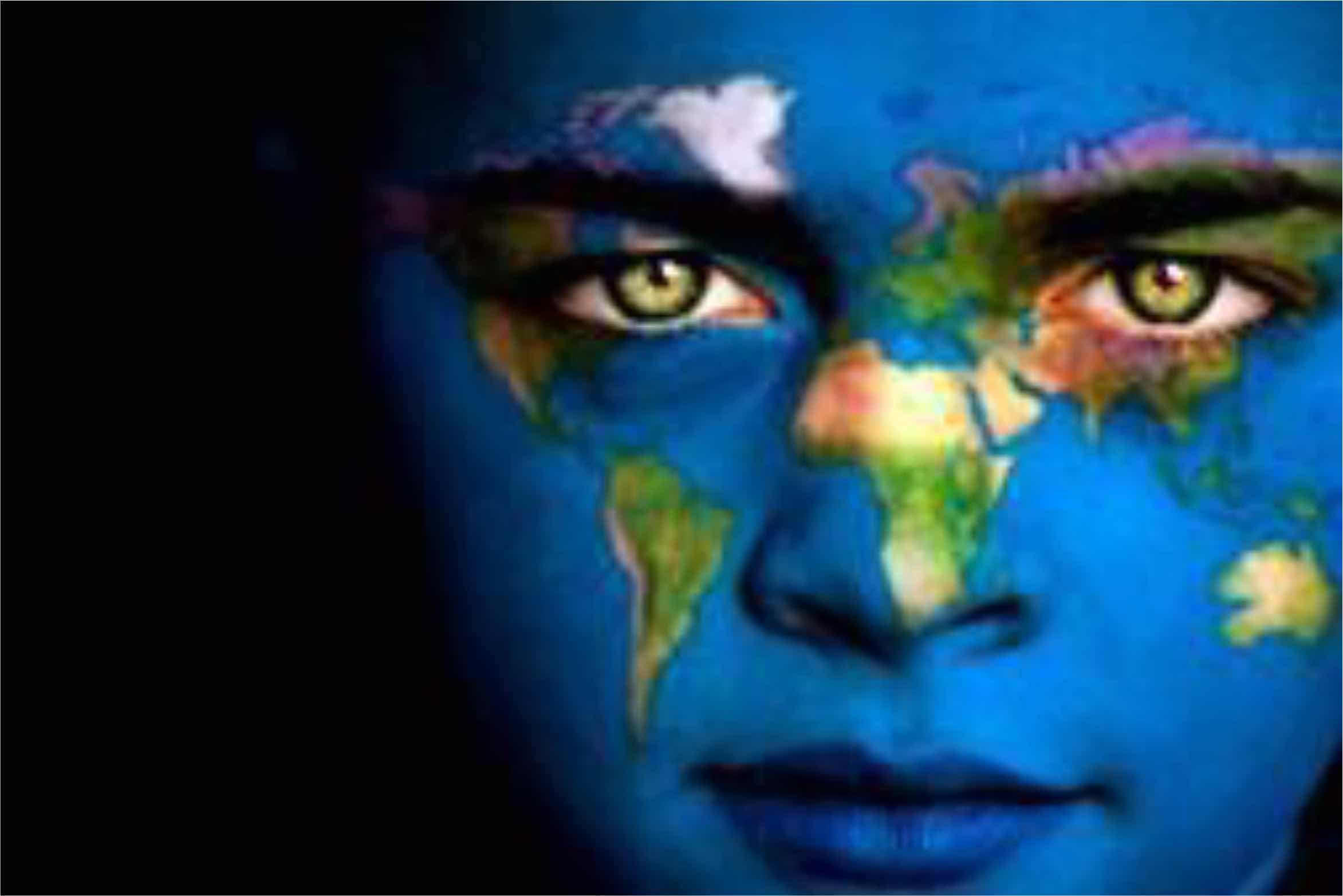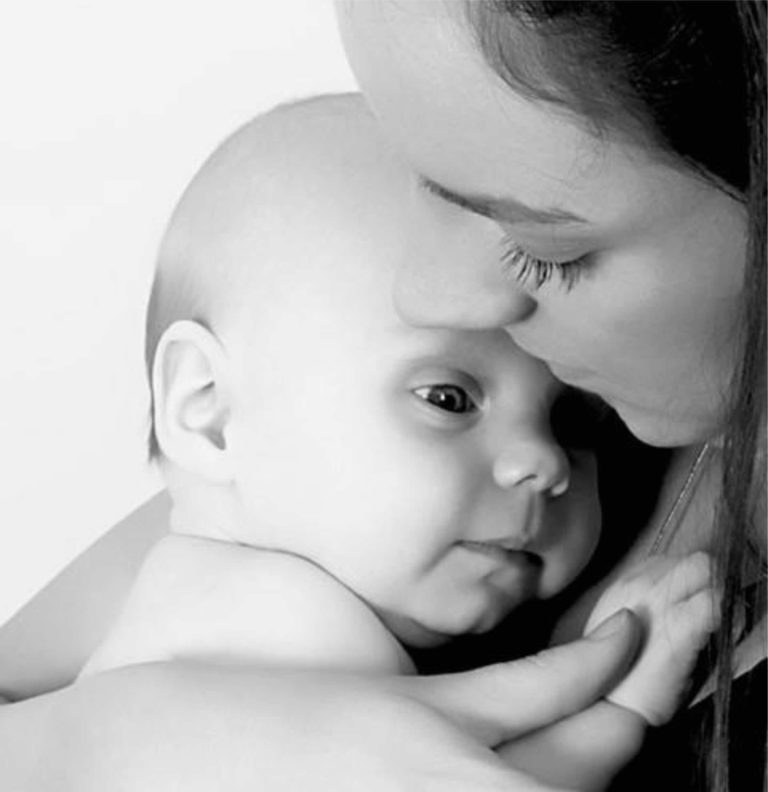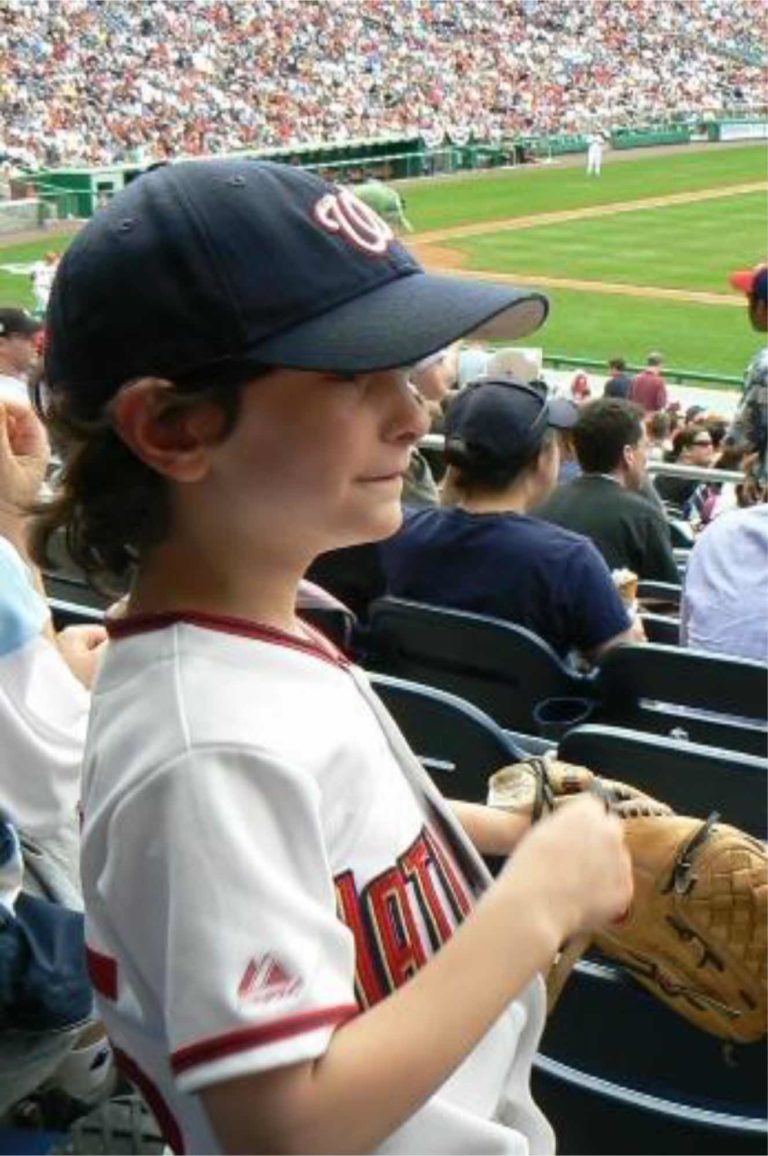Conflict is a pervasive phenomenon charged with emotions driven by difference in cultural perspectives. That applies to conflicts ranging from wars between countries to small “misunderstandings” between individuals.
Cultural difference tends to provoke mistrust and aggressive feelings. That is in part because differing ways of interpreting reality call our own truth into question, and therefore, make us anxious. We are all immersed in micro-cultures (religious culture, socio-economic culture, family culture, national culture…) which color our conception of reality.
From a psychoanalytic perspective, according to Freud (The Project, 1895), perceiving the other as bad is a universal and normal part of developing a cohesive sense of self. The individual can locate in the other that which is perceived as unwanted and dangerous within his/her self, thereby making the external person into something foreign and evil. Just as we maintain a cohesive sense of self by locating our own unacceptable aspects in the different other, so too we can love one another as a group as long as there are outsiders we can hate. Freud(Civilization and its Discontents, 1930a) maintains that individuals use small differences to support their sense of superiority to the other. This process on an individual level becomes prejudice at a societal level.
As analytic therapists we try to understand what is unique to each individual while trying to avoid imposing assumptions based in our own culture. Most cultural information is unconscious, with neither the patient nor the therapist fully aware of its meaning and impact. As the work progresses, ideally cultural information becomes conscious and available for understanding.
While the therapist is always a “stranger” in his patient’s internal world, offering a different perspective from where to understand reality, this becomes even more true when therapist and patient belong to different “cultures.”



